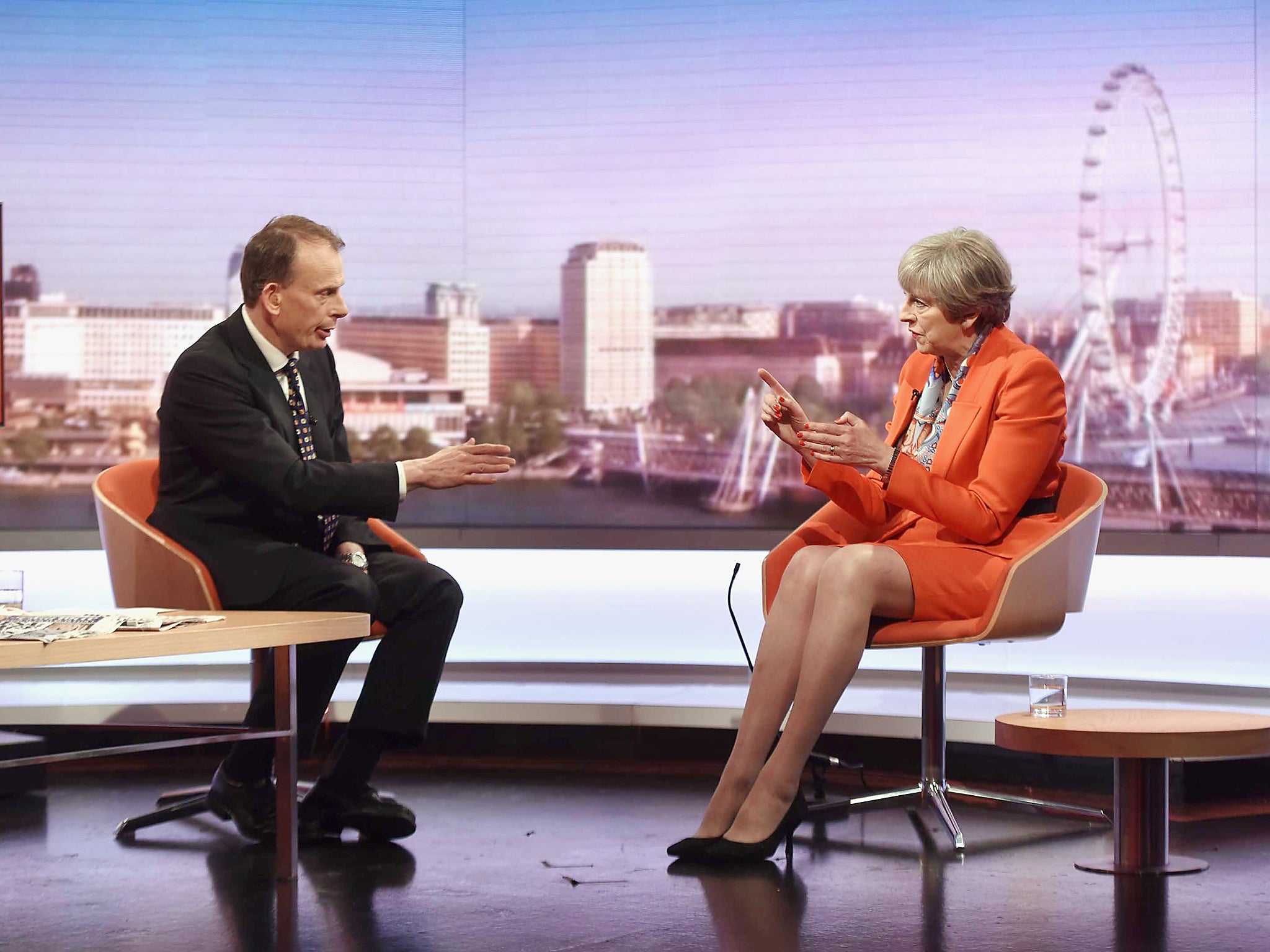Brits are destined to pay higher taxes no matter which party wins the general election
In terms of personal taxation the stated policies of the two parties, so far as we know them, look surprisingly similar. Higher earners will pay more tax, while lower wage groups will pay less

Your support helps us to tell the story
From reproductive rights to climate change to Big Tech, The Independent is on the ground when the story is developing. Whether it's investigating the financials of Elon Musk's pro-Trump PAC or producing our latest documentary, 'The A Word', which shines a light on the American women fighting for reproductive rights, we know how important it is to parse out the facts from the messaging.
At such a critical moment in US history, we need reporters on the ground. Your donation allows us to keep sending journalists to speak to both sides of the story.
The Independent is trusted by Americans across the entire political spectrum. And unlike many other quality news outlets, we choose not to lock Americans out of our reporting and analysis with paywalls. We believe quality journalism should be available to everyone, paid for by those who can afford it.
Your support makes all the difference.The next five years will see Britons paying higher taxes. That, amid the noise of the general election campaign, is tacitly acknowledged by both major parties. There are naturally questions as to how large the additional burden might be and how it might be distributed, but the underlying mathematics of public spending don’t change. One way or another the next government will be a prisoner of the maths. The combination of the rising cost of meeting the needs of an ageing population, coupled with the general pressures on public spending after the long squeeze, mean that the next government will need to raise more resources. Some may come from growth, but most will come from higher taxation.
You can see this in the plans of both Labour and Conservatives. We don’t have total clarity on either, for promises are made in the cut and thrust of the campaign, but we know enough to sketch the outline.
For Labour the thrust is on fairness. The shadow Chancellor John McDonnell has made clear his general opposition to most tax increases, including a rise in National Insurance and VAT rates. Those are two of the three largest taxes, the other being income tax. There he has suggested that people earning more than £70,000 a year – approximately 5 per cent of Britons earn more than this – the top rate of income tax should rise from 45 per cent to 50 per cent.
The main source of additional revenue sought by Labour would be from companies, reversing the Conservatives’ progressive cuts in corporation tax, and tightening up on tax avoidance and evasion. Mr McDonnell has said he is opposed to the so-called mansion tax, but has not ruled out higher taxes on property generally.
The Conservatives acknowledge that taxes will rise for the rich. They too have ruled out any increase in VAT – Theresa May has just made that explicit – but have not ruled out changes in income tax or National Insurance. They have also avoided any commitment on capital gains tax, with the suggestion being that expensive owner-occupied homes, perhaps those worth more than £5m, might no longer be free from the tax. They have also not clarified policy on the state pension: will pensioners continue to have the “triple lock”, whereby pensions increase at least as fast as earnings or inflation, and with a minimum rise of 2.5 per cent a year?
In terms of personal taxation, the stated policies of the two parties, so far as we know them, look surprisingly similar. The rhetoric is different, but the thrust is the same. Higher earners will pay more tax, while lower wage groups will pay less. There are important differences in the approach to company taxation, where the Tories believe that by cutting headline corporation tax rate they will actually increase revenue, while Labour would increase the rate. But both clearly hope to raise more revenue form the corporate sector. Perhaps the biggest difference of all is that Theresa May has explicitly stated that the overall proportion of tax relative to GDP will not rise under a Conservative government. Labour has not made any such commitment.
There is one thing missing from both parties’ election pledges: anything to do with the additional cost, or the savings, from leaving the European Union. There are, however, at least two reasons for that. One is that no one knows what that bill might be, and this is a negotiation in which neither party would want to reveal the government’s hand. The other is that even the highest numbers suggested by the EU, some €60bn (£50bn), would over five years be much the same as the UK is currently paying. That leads to a further point. There will be little bonus for taxpayers from Brexit during the life of this coming parliament.
Join our commenting forum
Join thought-provoking conversations, follow other Independent readers and see their replies
Comments